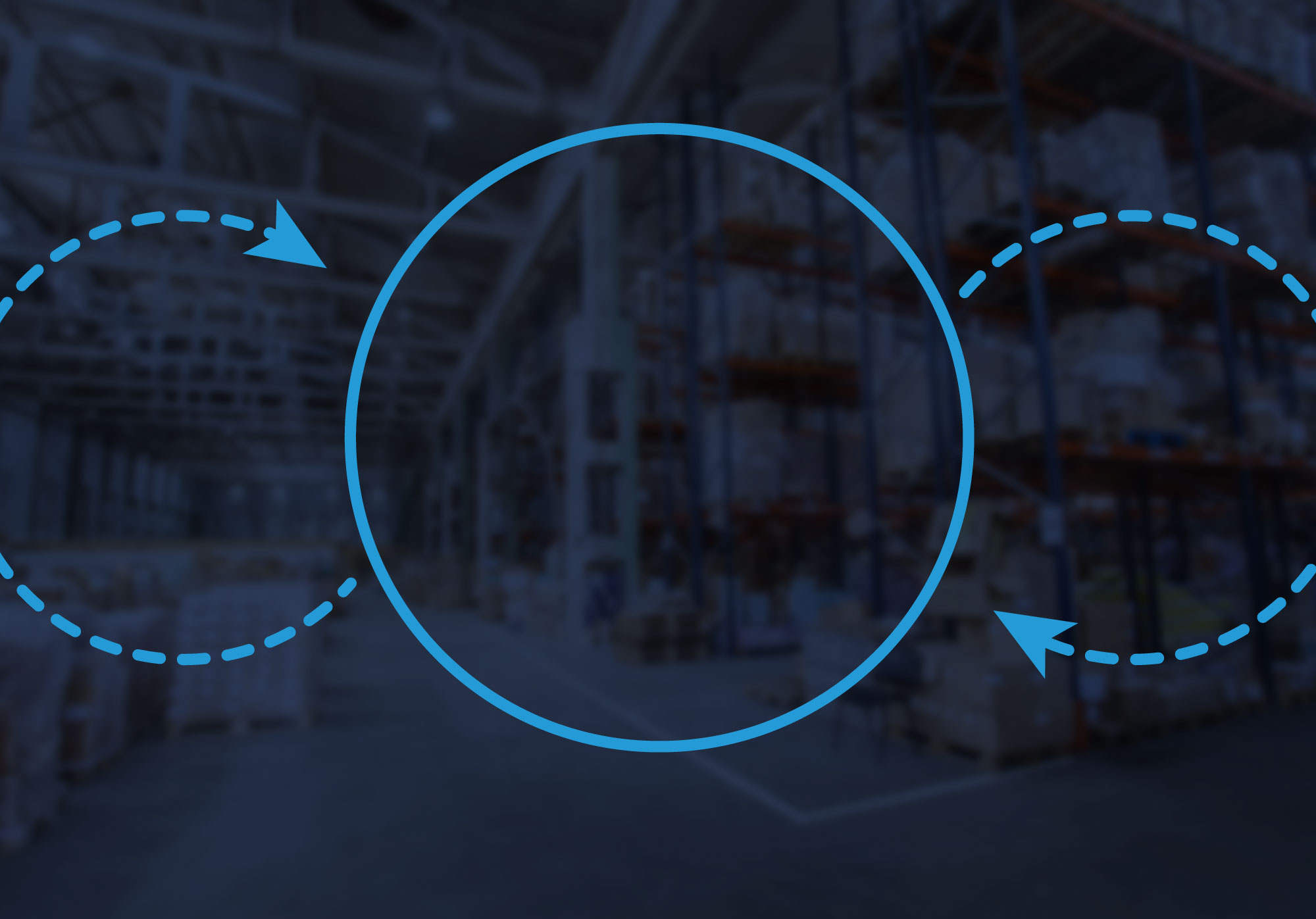Merchants are now able to achieve a presence in an array of markets without erecting brick-and-mortars to support that reach. Replacing those buildings, however, is a large collection of digital pieces. With so many digital cogs turning the grand machine, it can become difficult to keep track of each and every minute detail about your various offerings. Files often become scattered across multiple departments. The last thing you need is to lose that precious content in the shuffle. What you need is a Product Information Management solution or “PIM”.

What is PIM?
PIM refers to Product Information Management. PIM systems house all the data for your offerings. By
keeping this information in one central location, you have the ability to provide an omni-channel experience, offering the most up-to-date content about your products and services. With a PIM solution, you can supply clean, consistent, accurate information about your business offerings.
A PIM also gives you the ability to standardize your content. It can sometimes be difficult for all
contributing members to reach a consensus. Marketing may recommend different language and images,
while Sales needs more product information, and IT works to integrate headings and appropriate tags.
As each department offers input, it can be easy for layouts to become muddled and product information
to morph out of control. A PIM keeps this content standardized and consistent with your messaging and
branding.
What kind of data is managed with a PIM solution?
A PIM solution is the central storehouse for all data related to your business offerings. But, what exactly does this mean?
Your PIM will allow you to manage:
- Product prices
- Product descriptions
- Ratings, comments, and reviews
- Labels and SKUs
The purpose of the PIM is to give you oversight and control over your offerings. With a PIM, you know that your information is complete, concise, and ready at a moment’s notice.
How do I know if I need a PIM system?
Generally speaking, a PIM system is a good idea if you have more than a handful of offerings. Keeping track of all the details, pricing, and product information can quickly become overwhelming, especially when these products get modified, adapted, and filtered using the input of multiple departments. With a PIM, you have a single repository for all of this information.
How do you know if you need a PIM? Ask yourself the following questions:
- Does your business offer a large number of products?
- Do you often experience changes or upgrades to your offerings?
- Do you sometimes find that your product information is difficult to locate?
- Have you found conflicting information about your offerings?
- Is your business expanding into new markets?
- Have you been experiencing customer complaints about products or order inaccuracies?
- Are you managing data on more than one channel?
If you answered yes to any of the above questions, you could greatly benefit from a PIM solution.
PIM benefits for your business
Like savvy consumers, smart business owners want to know exactly what they are getting. How exactly will your business thrive by integrating a PIM? A strong PIM solution will have the following benefits:
Saves you time and money
A PIM solution will safeguard you from needing to spend time and money fixing errors that result from inaccurate information.
Reduces error in product information and customer orders
Having accurate product information means you are giving consumers all the information they need to make informed decisions about your products. It reduces returns and frees up time and manpower.
Aligns your messaging by allowing you to offer precise and current product information
With a PIM, your information is always up to date. You are able to streamline your marketing and branding efforts and ensure that your products align with those goals.
Improved data governance
A PIM system means you have improved control over all of your information and can protect master data from unwanted modifications.
Allows flexibility with evolving products
Many businesses recognize the virtues of evolving products to match market demands and trends. If your offerings are involved with updates or modifications to meet these demands, having a PIM is invaluable. You can offer only the most current information, ensuring your consumers get exactly what they are looking for.
Helps you offer a uniform customer experience across all channels
Offering a seamless experience across multiple channels can be challenging. With a PIM, you are assured that your offerings appear the same on every channel. Want to go one step further and make sure all content is streamlined? Check out Watson Content Hub
Reduces the time it takes to take a product to market
Product launches can be complicated. With a PIM system in place, you have less to prepare and worry over when taking a product to market because your information is already current and prepared.
Gives you improved control over content distribution
Disseminating content is easier when your offerings are always prepped and ready to go.
Supports complex workflows
Supports complex workflowsWorkflows can have a ton of moving parts. A PIM system allows you to bring these together and optimizes your chances of success.





